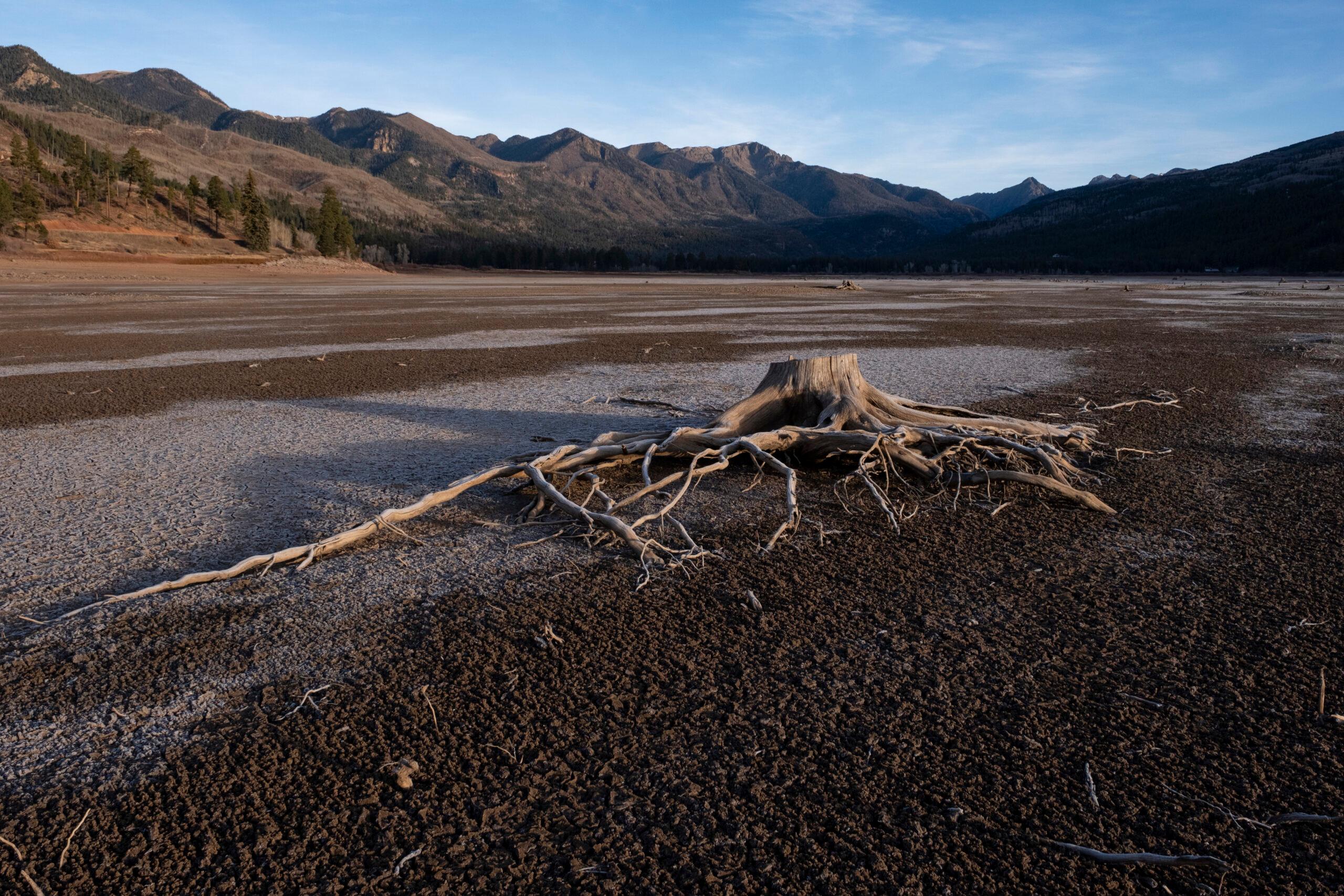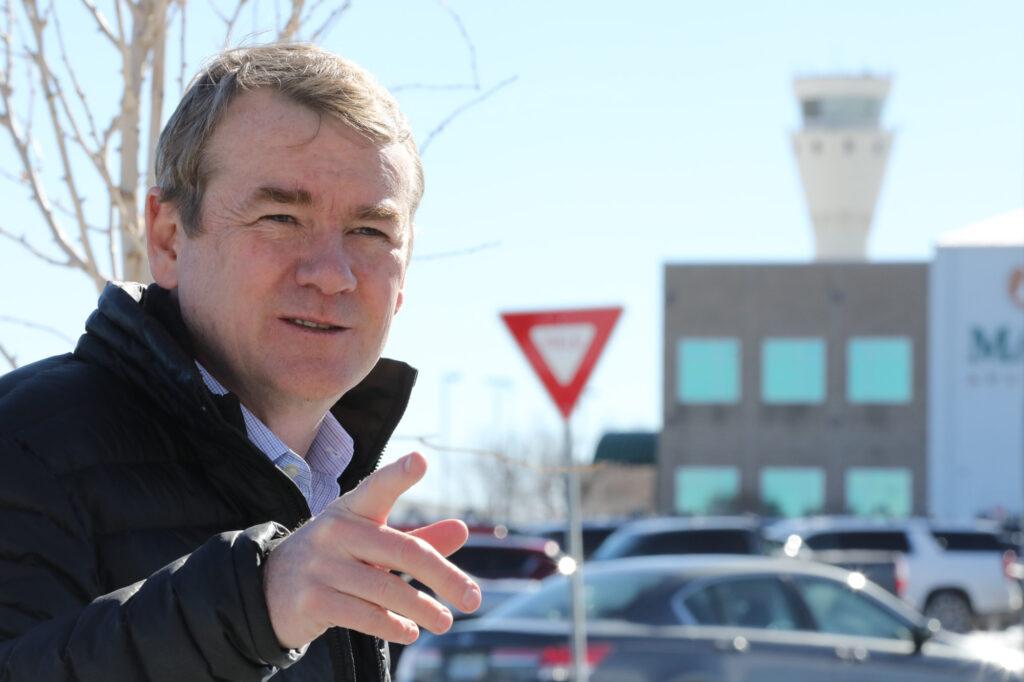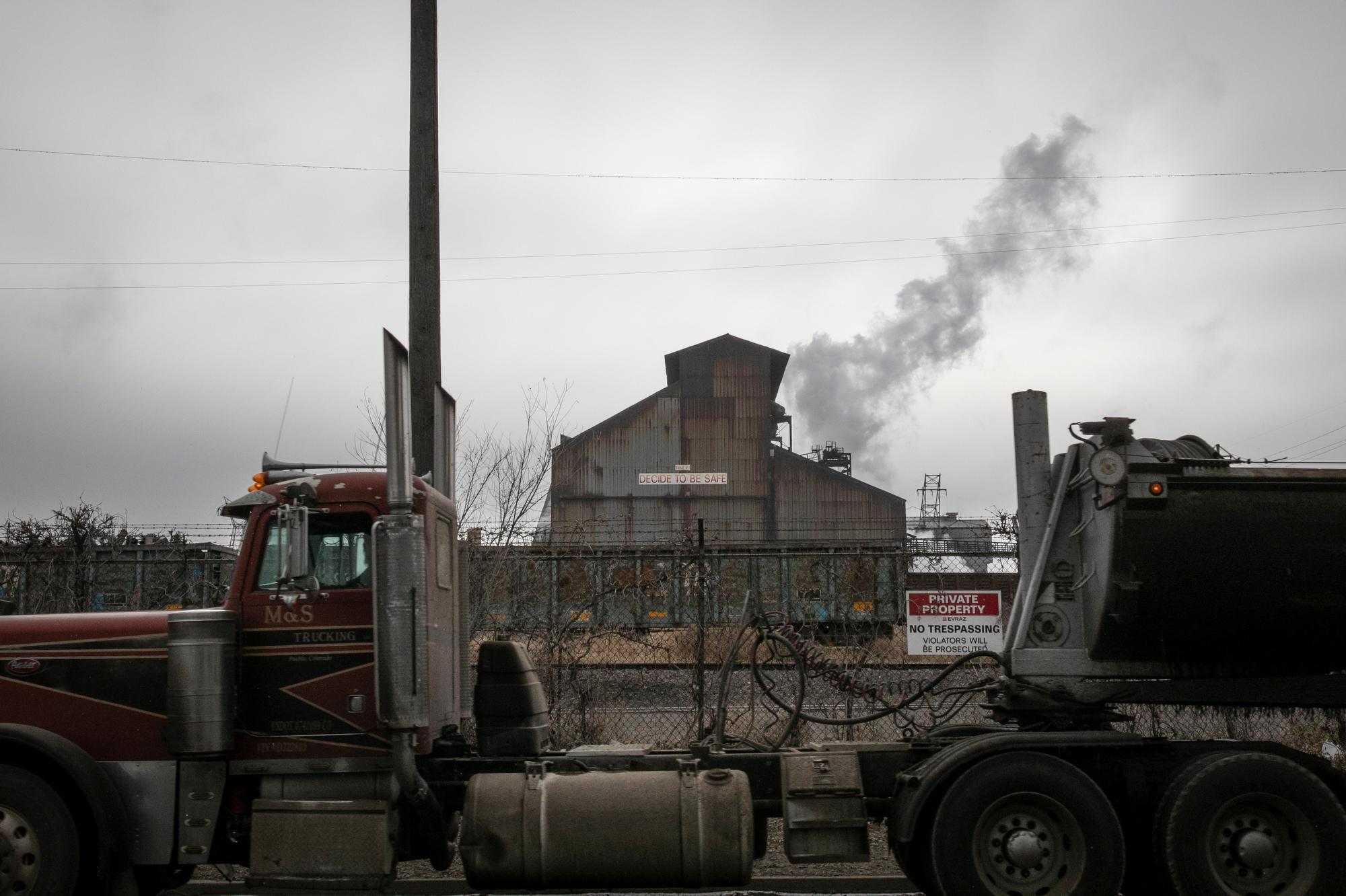
As Senate Democrats were waiting to see if moderate Democratic Sen. Krysten Sinema would sign onto the climate, health and tax bill, known as the Inflation Reduction Act, Colorado’s Michael Bennet worked behind the scenes to get a change included, too.
When the Inflation Reduction bill came out and Bennet saw that it did not include drought funding, Bennet fought for it and led other Western senators on doing the same, according to two sources close to the negotiations but who were not authorized to speak publicly on the discussions.
It helped that Sinema wanted to see the funding included, too.
Bennet at one point said he would not vote for the bill if drought provisions included didn’t work for the Upper Basin of the Colorado River, according to one of the sources close to negotiations. In the evenly divided Senate, all Democrats would have to support the reconciliation bill in order for it to pass.
“So we had to find a happy medium that would work for all of the Western states,” the source said, all while keeping in close contact with Majority Leader Chuck Schumer and West Virginia Senator Joe Manchin, who negotiated the overall bill.
Over a 24-hour period late this week, Bennet was involved in several calls negotiating the language and the amount, which fluctuated from as high as $5 billion to as low as $1 billion.
On Friday, Bennet along with fellow Western Democratic senators, Catherine Cortez Masto of Nevada and Mark Kelly of Arizona announced that $4 billion would be included in the Inflation Reduction Act for the Bureau of Reclamation to deal with “unprecedented drought” in the West.
“It is essential that we have the resources we need to support our states’ efforts to combat climate change, conserve water resources, and protect the Colorado River Basin. This funding in the Inflation Reduction Act will serve as an important resource for Nevada, Arizona, and Colorado, and the work we’ve done to include it will help secure the West’s water future,” the three senators said in a statement.
Bennet, Cortez Maston and Kelly are up for reelection this fall.

The $4 billion is new money, meaning it’s outside of existing grants and pots of government money, and the priority will be on water conservation efforts. Funding will flow through the states, public water entities, like Colorado’s water districts, and tribes.
Rebecca Mitchell, director of the Colorado Water Conservation Board and Colorado’s Representative on the Upper Colorado River Commission, said she’s happy to see Congress’s “awareness of the sheer impact of the drought across the American West.”
Historically there has been tight investment in water, water infrastructure, and water mitigation, Mitchell noted, so this “is a significant amount of money,” but it still might just be a drop in the bucket when you think of the fact that 40 million people rely on just the Colorado River system. And drought is impacting multiple water systems across the West.
“It’s definitely going to help and I don’t want to belittle the amount at all because it’s something that up until a few days ago wasn’t there,” Mitchell said. “So I would say Senator Bennet’s a hero for really focusing on this and getting it to this point.”
She added that it shows the leadership of all the senators involved in negotiations.
The Senate could pass the bill as early as Sunday.









